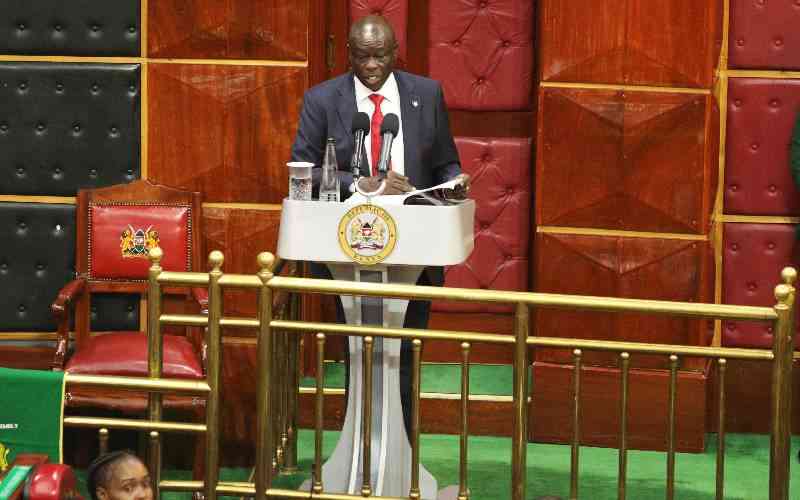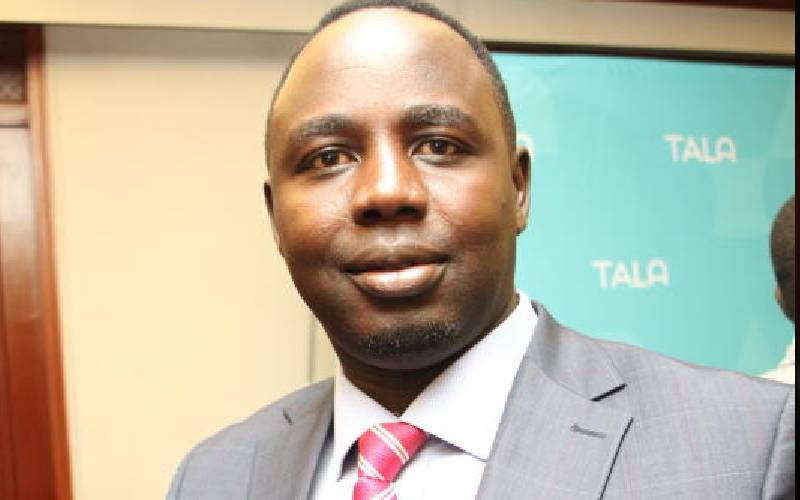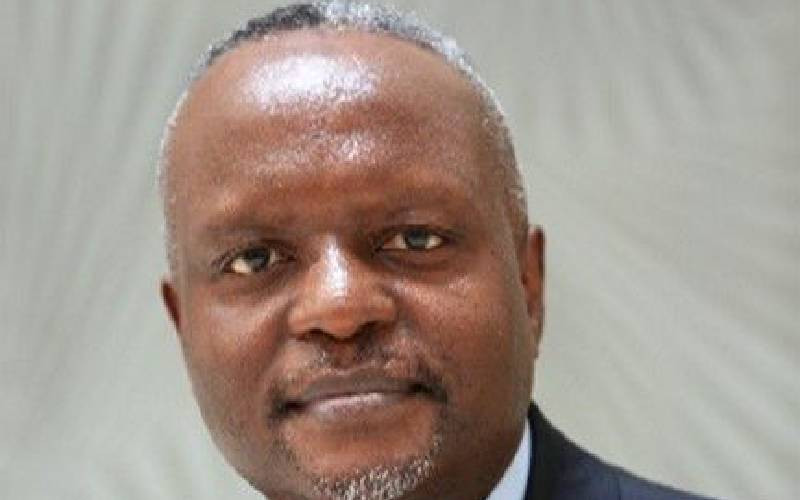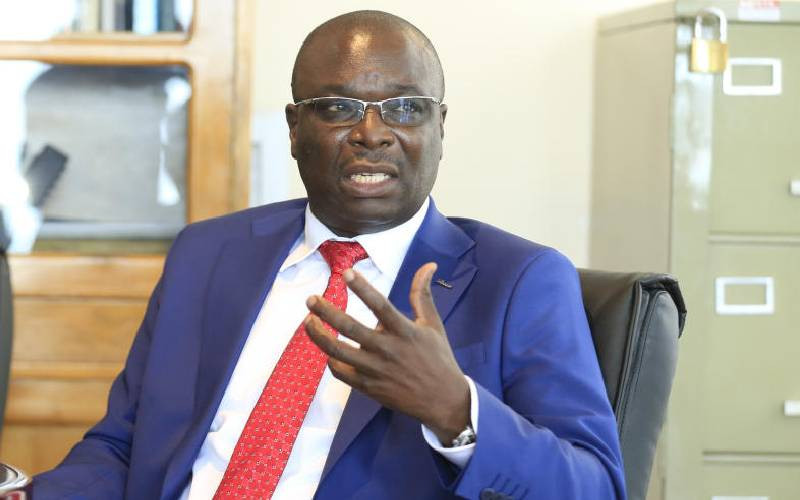
Rigathi Gachagua is out of the way and we have a new Deputy President, Prof Kithure Kindiki. However, when all is said and done, the special motion which saw Mr Gachagua’s successful impeachment and removal from office, sponsored by Kibwezi West MP Mwengi Mutuse should not be archived as record document. The motion does not qualify as a reference for impeaching the President or his deputy. Neither should the processes of both legislative houses be preserved as citable cases on the procedures of impeaching the President. Why do I say so?
In their book, ‘How democracies die’, Levitsky and Ziblatt argue that the relationship between law and politics determines whether a democracy will stand or fall. Since law is a product of political processes, it is often conceived that the rule of law is vulnerable under political care.
The most observable trend in backsliding democracies is that politics gradually usurp the rule of law, leading to total or partial overthrow of constitutions and legal agencies. The collapse of democracies is not instantaneous, it is usually a progressive erosion of institutions, ideals and norms.
In such cases, falling democracies are riddled with systemic corruption, social unrest and human rights violations. Should that sound familiar to Kenya, it is because we have been backsliding for decades.
When we see the once respected legal minds spend the ‘public trust capital’ to interpret the law in their favour, when we see legislative houses vote in favour of a case that cannot pass in a moot court, we know that democratic debilitation is in top gear.
That is why, if Gachagua’s impeachment sounded ludicrous before the National Assembly and the Senate, it did not start with them—democracy has been falling, and we are being served the first fruits of political disregard for legal principles and procedures.
During Gachagua’s defence before the National Assembly and the Senate the statement, “We may not like Gachagua, but he deserves fair hearing and treatment” came in different versions from Kenyans of various political inclinations.
Another public fear we cannot ‘unhear’ was that the Kenya Kwanza regime has usurped our judicial system, and the expectation had been that the courts would reject all Gachagua’s petitions.
These fears also dominated during the Jubilee regime, especially when they were pushing for the fallen Building Bridges Initiatives and other pro-government bills. The question will remain: Why are Kenyans having these fears?
Even to the legal greenhorns, it was clear that the motion to impeach Governor Gachagua was shallow in evidence. Kenyans agree that Gachagua was politically guilty, his removal from office was long overdue because his utterances sold him out over time. However, as much as he was politically wrong most of the time, those who compiled the impeachment motion against him could have done a better job deserving the energy and seriousness of such a document. That did not happen, and honourable members did not demand a ‘beyond reproach’ document.
Therefore, in relying on the contents of the document to impeach the deputy president, the Senate and the National Assembly set a standard for incompetence.
We know that laws are enacted by political bodies called legislatures. Therefore, law is a product of politics. A maxim often associated with Greek philosophers is that ‘humans are born political’. We do not have any maxim alluding that humans are born legal.
This is probably because politics is liberal while the law is constricting. Humans find freedom in doing what they feel like doing and what satisfies their ego. Politics is the best site for such expression of the power of will. Thus, the law is naturally not friendly and likeable—but is the paramount guide for individual and institutional conduct.
The Gachagua impeachment has demonstrated that Kenyan politics have gradually encroached on the rule of law—a classic example of how democracies begin to die.
Dr Ndonye is a senior lecturer at Kabarak University’s Department of Mass Communication
Stay informed. Subscribe to our newsletter







